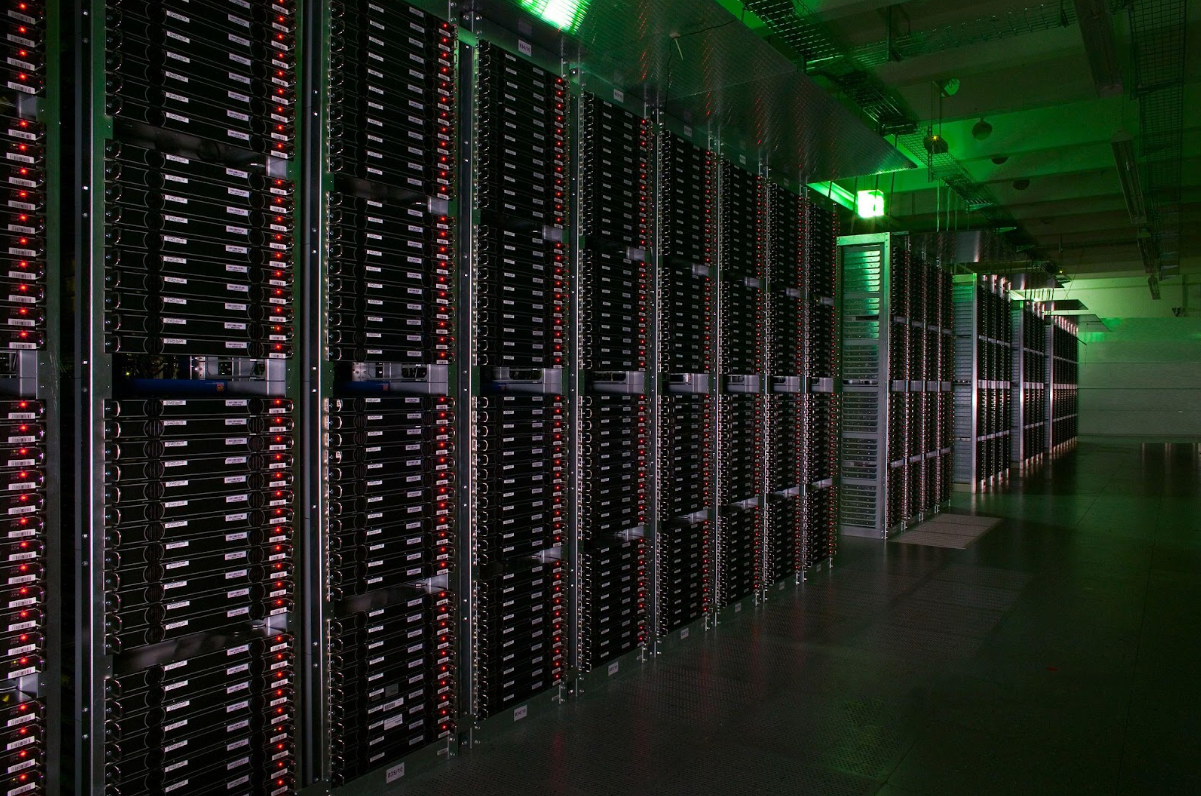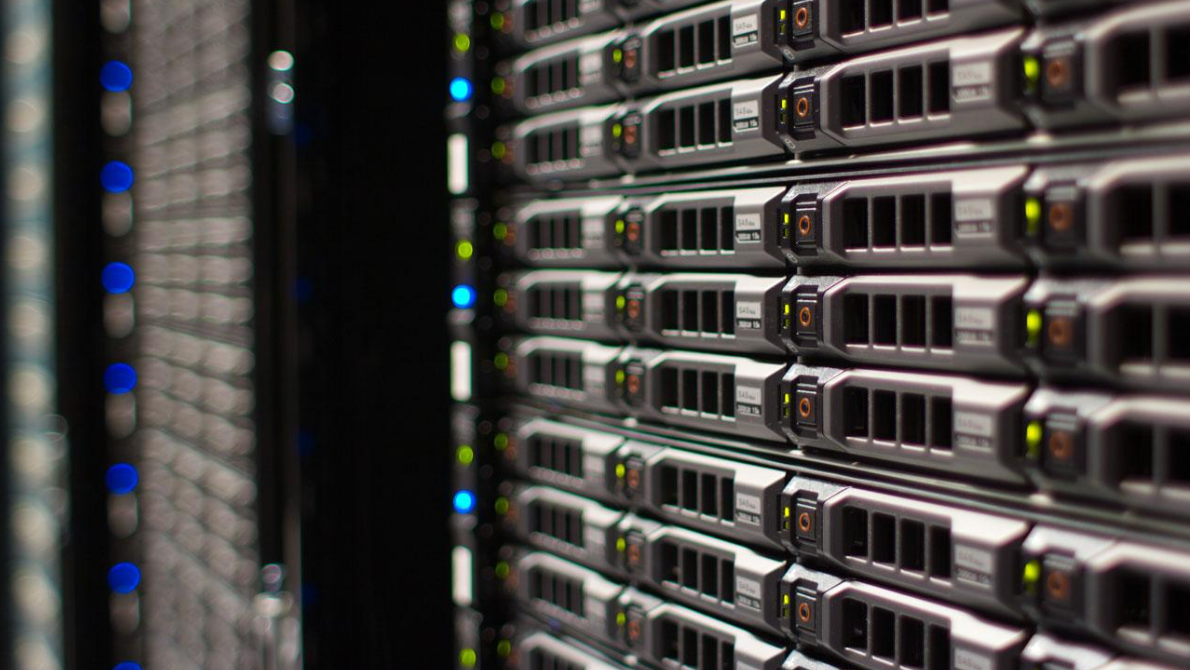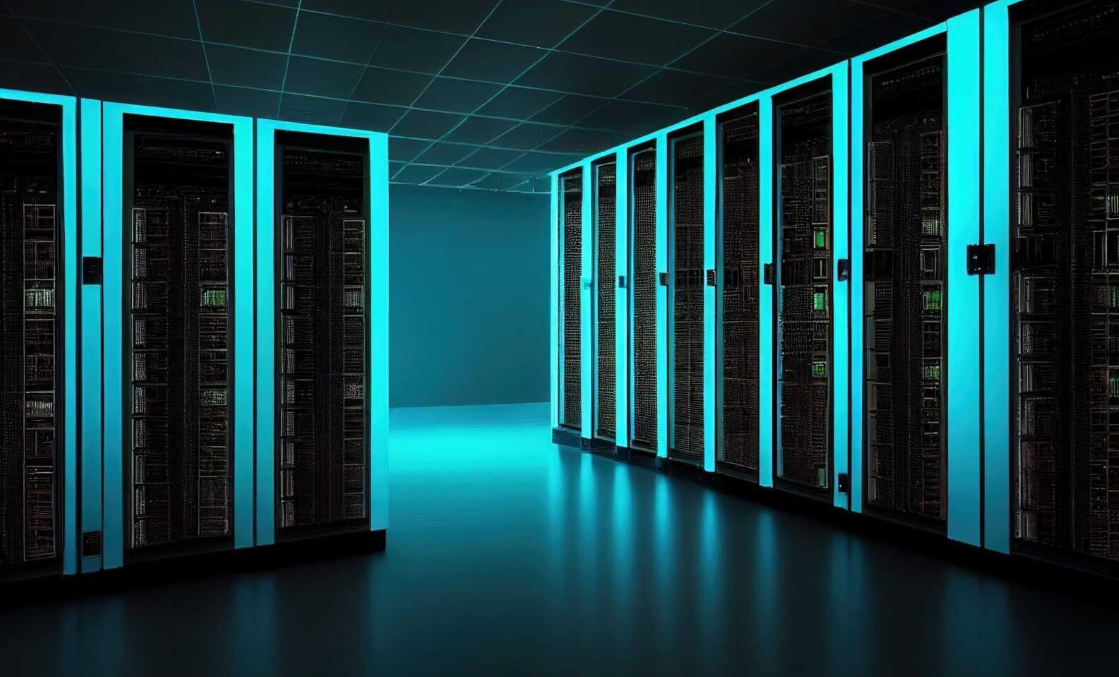Choosing a Dedicated Server: Recommendations, Rules, Features
Choosing a dedicated server: recommendations, rules, features
As your project grows, it will require more and more power. At first, while the site's traffic is limited to a couple of hundred people per day, you can limit yourself to even free hosting, but gradually you will need something more serious, for example, a dedicated server with appropriate hardware, high computing power, disk space sufficient for storing large volumes of files.
How to choose a dedicated server? What criteria are the most important? How to exclude possible problems with performance and availability?
General concept
The classic definition of a dedicated server is a set of hardware designed for one user. The client has 100% control over the machine, he does not have to share the performance with other customers, he can choose the configuration, from the volume and type of disk storage to the CPU, install the desired operating system, applications and software.
The performance of a dedicated server is maximum, meets the requirements of large-scale projects, online stores with high traffic, large databases, corporate-level platforms. It is important to differentiate a physical dedicated machine from the following concepts:
- VDS. Virtual dedicated servers. They operate on a common physical platform, but have their own hardware capacity focused on a specific user. A good option for developing, debugging, testing software, hosting medium-sized websites.
- VPS. Virtual private servers. They operate on common physical platforms. Unlike the previous ones, they imply sharing resources between clients, which is why performance may drop during peak loads. Each virtual server, however, is isolated from its neighbors, which has a positive effect on security. It is recommended to use VPS for sites with traffic slightly below average.
Necessity
Dedicated servers are best suited for:
- Projects with high traffic, complex structure, for the correct operation of which the hardware power of standard hosting is not enough.
- Platforms with particularly strict security and stability requirements that do not allow even minimal short-term failures and information leakage to third parties.
- Network applications with increased complexity of settings. The range of tasks solved on the servers in question is essentially unlimited.

Advantages and disadvantages
The popularity of dedicated servers is explained by their advantages. The most pronounced and significant advantages are as follows:
- Full control. The client can control all resources, software and hardware, at his disposal. You can install the necessary applications, configure the platform, interacting with all its functions.
- Maximum performance. Server resources are intended for a specific user, which increases performance. Hardware performance is sufficient even for large-scale projects, the attendance of which is measured in tens of thousands of users per day, involving interaction with many files.
- Security. The servers are initially resistant to network attacks, allow installation of auxiliary software that monitors viruses and suspicious activity. The rights and access levels of all users can be strictly delimited to prevent their accidental or intentional actions that harm the system.
Many advantages of a dedicated server depend on the provider providing the service. Companies that care about their reputation guarantee constant access, help with maintenance, and promptly solve emerging problems, hardware and software. They also allow, if necessary, to upgrade the server, add disk space, RAM, to meet the increased project needs.
Disadvantages
The disadvantages of a dedicated server are generally insignificant, offset by a wide range of advantages. For example, such disadvantages include the price. Of course, it is higher compared to virtual hosting, but the advantages are an order of magnitude greater. The second not very positive point is the complexity of setup and configuration. It will be quite difficult for a beginner to cope, so you will have to enlist the support of specialists.
Hardware
The server's performance is determined by its technical equipment. The larger your project, the more RAM and disk space you will need. Each of the hardware components should be considered in detail.
Processor
The main component. At least half of the overall server performance is determined by the CPU, its lack of power cannot be compensated by increasing the amount of RAM or installing expensive solid-state drives, so it is not worth saving.
The processor parameters are determined by the specifics of its use. For example, when performing tasks with multithreading support, it is better to use devices with not the highest clock frequencies, but an increased number of cores. Otherwise, models with a minimum of cores, but the frequency of each is maximum, are more efficient. the CPU is determined by the CPU, its lack of power cannot be compensated by increasing the amount of RAM or installing expensive solid-state drives, so it is not worth saving.
Examples of multithreaded tasks are video processing, which is handled well by Xeon, Silver and Gold CPUs. If the server will host a database, it is worth paying attention to the powerful Intel Xeon E. It is the CPU that is important, the lack of its power cannot be compensated by increasing the amount of RAM or installing expensive solid-state drives, so it is not worth saving.
In order not to spend too much when configuring the server, you should immediately determine the actual needs for computing power. A good way to save is to install processors not of the latest, but of previous generations, among which you can find chips with very decent characteristics.
RAM
The amount of RAM is selected according to the specification of your project:
- Blog, business card, low-traffic site - from 2 to 4 gigabytes;
- Average online stores, city information portals - from 4 to 16, depending on the scale;
- Streaming services - 32 or more;
- Large databases and other platforms with huge traffic, under maximum loads - 64 or more.
RAM should be selected not only by volume, but also by standard. The operating frequencies of the DDR3 standard are low, so performance cannot be achieved even by increasing the volume, in addition, such memory will limit the potential of the processor. At a minimum, the bar should meet the DDR4 standard, and better yet, DDR5.
Disk space
As in the previous case, you will have to select the capacity based on the specifics of the project. A small site will need about 50 gigabytes, while a database, a regional news portal, a streaming service will need entire terabytes.

In addition to the volume, the type of disks is important, which determines the access speed. For storing file arrays that require infrequent access, such as backups, it is rational to use standard HDDs. SSD is a solution for storing files that you have to interact with constantly, and the speed will be tens of times higher.
Bandwidth
For most projects, a gigabit per second will be enough. 10 gigabits is an indicator that is needed exclusively for large platforms, databases, with which dozens of users interact simultaneously.
How to choose a provider?
Not only the characteristics of a dedicated server are important, but also the organization servicing it. Several criteria are assessed. For example, location. The closer the server is, the better, with distance the latency decreases, the speed of opening pages increases. It becomes more comfortable for the visitor to use the site. Other important indicators are as follows:
- Certification and standardization. Responsible providers work in accordance with not only federal, state, but also global standards, and can present ISO 27001 and AICPA SOC 2 certificates.
- Reputation. To host a project, it is better to choose trusted companies that have already established a positive reputation, value their reputation, and do not allow dishonesty or deception in relation to clients.
- Professionalism of technical support. Server problems often arise at the wrong time. Unavailability, slowdowns, long page opening times - all these are troubles due to which the project loses visitors, begins to lose to competitors, and does not bring profit. A qualified support service should be available around the clock, including on weekends, and provide comprehensive assistance in troubleshooting.
- Tariff plan. The tariff should be such that the server really helps to make a profit, and the costs are not excessive. It is worth carefully studying the available offers, choosing the most advantageous options. For example, some providers offer good discounts when signing a long-term lease agreement.
- Possibility of modernization. As the project develops, it will require more hardware capacity to eliminate performance issues. It is better to ask the provider in advance to ensure that this option is provided.
- Management specifics. Experienced administrators and developers are better off managing the site themselves. If you need to relieve yourself of unnecessary workload, save time, spend it on solving issues that are more significant and essential for business development, it is more rational to trust the provider offering the administration service.

Particular attention should be paid to the provider's security policy. The more technologies the company uses, the better. We are not only talking about built-in solutions aimed at protecting against hacker attacks, loss, theft of data, but also providing the user with the ability to install their own utilities, antiviruses and the like. A significant security factor is the creation of backup copies that eliminate data loss in the event of a critical failure. A copy will help to quickly restore the project if such a need arises.
Summing up
A dedicated server is an optimally balanced solution in terms of costs and performance for the implementation of various network projects. The user does not need to buy their own equipment, hire specialists responsible for its maintenance, administrators. All this is available by default, according to the tariff plan offered by the provider. The main thing is to choose a reliable company!
Answers to popular questions
How soon can I start using the service?
The user account is opened immediately after the application is submitted.
Immediately after making the payment, you can start using the service immediately.